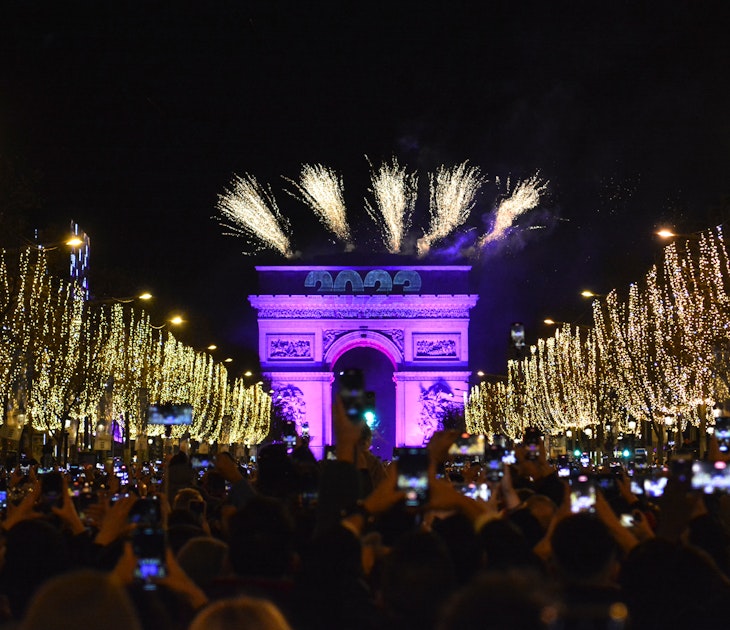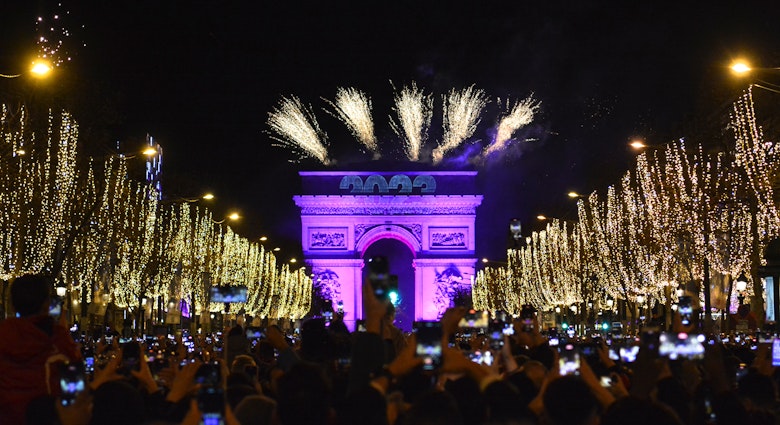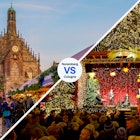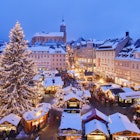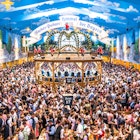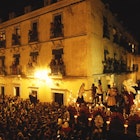Here are 10 suggestions for quintessentially European things to see and do in the colder months.
Winter comes in many guises in Europe. In the polar north there’s serious snow, the northern lights and weeks without sun. Around the mild Mediterranean, you’ll find lingering warmth well into the season. And in the center of Europe: cozy cafe culture and halls decked with Christmas spirit.
It’s an inspiring time to visit grand cities, charming villages and cultural sites. With fewer queues, you can fit more into your itinerary, and off-season prices make European accommodation wallet-friendly in November, December, January and February. Using Europe’s train network you can explore countries at your leisure, and it’s easier to meet locals outside the often-frenetic summer tourist season.
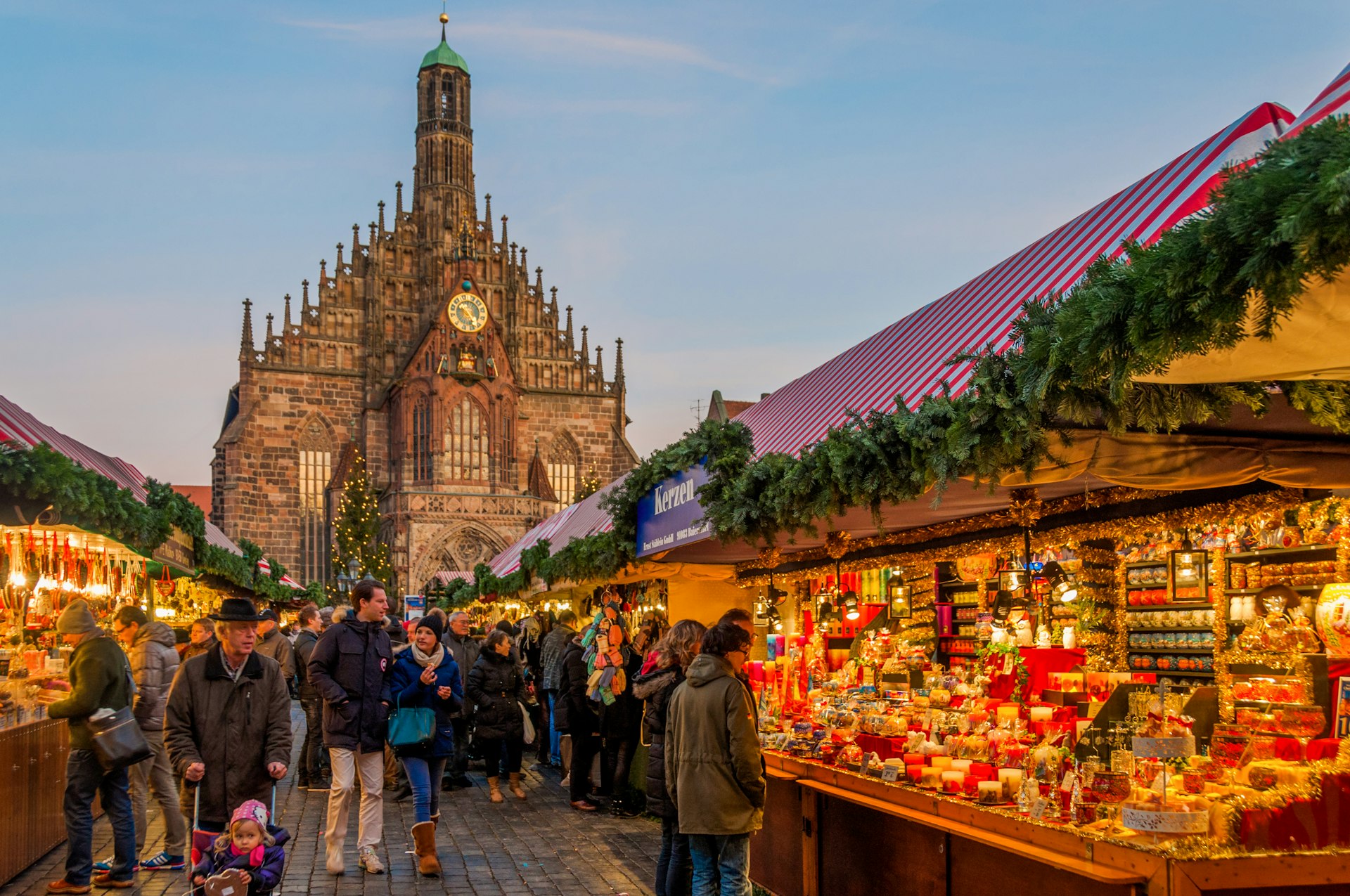
1. Drink glühwein at Christmas markets in Germany or Austria
December sees these romantic historic markets pop up all over Germany, Austria and other Central European nations. Expect cute stalls selling everything from gingerbread to sleigh bells, and plenty of good cheer, toasted with a glass of warming glühwein.
Top tip: Famous markets in Cologne, Vienna and Munich draw the tourist crowds, but seeking out ones in smaller towns is rewarding.
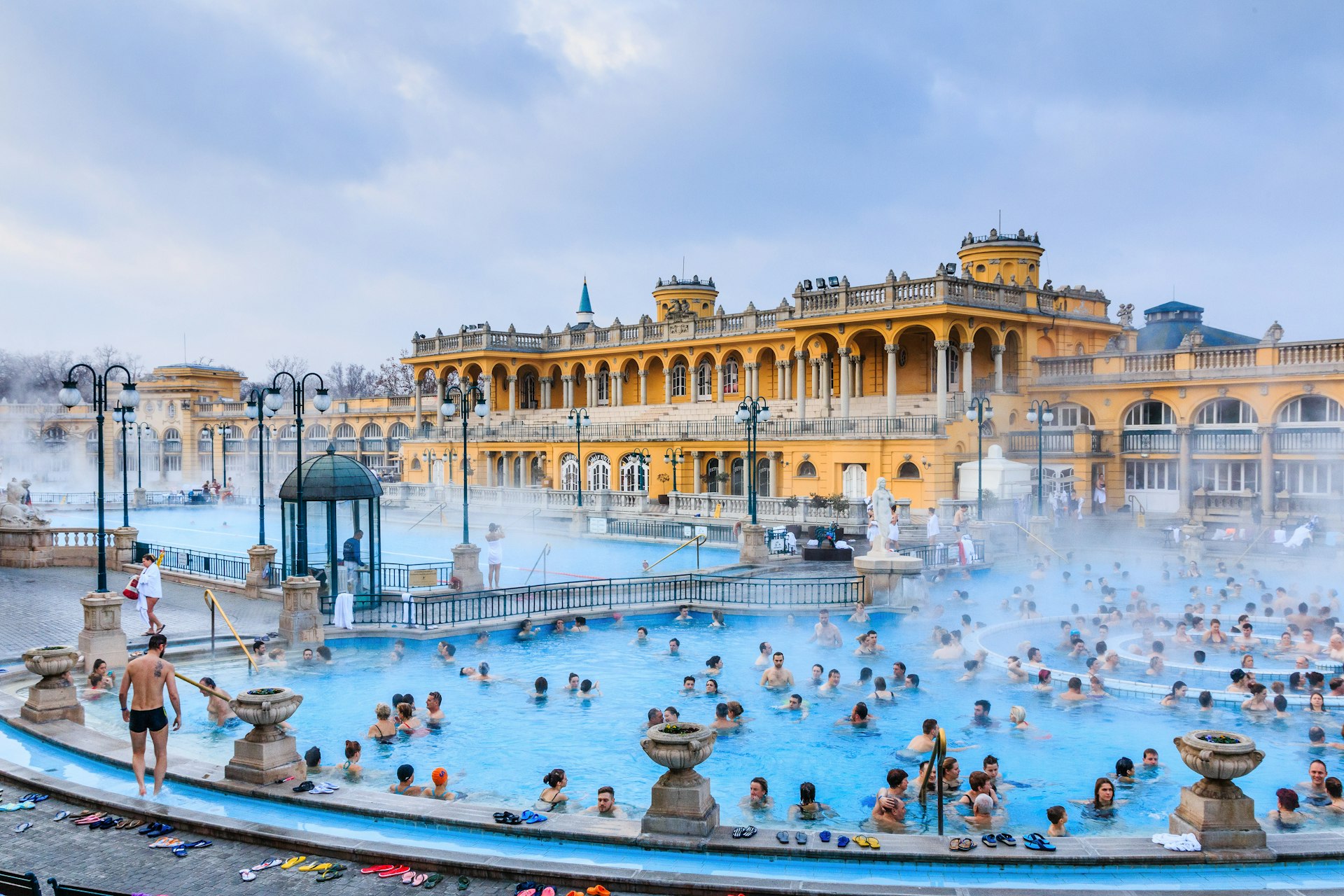
2. Warm up at one of Budapest’s famous thermal bathhouses
Couples skating hand-in-hand, breath cloudy in the frosty air – there’s nowhere better for it than the enormous outdoor ice rink in Budapest’s picturesque central park, Városligeti Műjégpálya. Feeling chilly afterward? Hungary’s capital is famous for its ornate thermal baths.
Top tip: At night seek out a ‘ruin pub’– an atmospheric drinking venue artfully housed in a once-abandoned building.
3. Witness the northern lights in Abisko, Sweden
Located almost as far north as you can get in Europe on a train, Abisko in Lapland is for lovers of serious winter. The sun doesn’t rise for several weeks in December and January, but that darkness makes it one of the world’s best places to view the majestic aurora borealis (northern lights). Other attractions include cross-country skiing along national park trails and husky mushing.
Top tip: Stop off at nearby Kiruna to see the famous Swedish Icehotel.
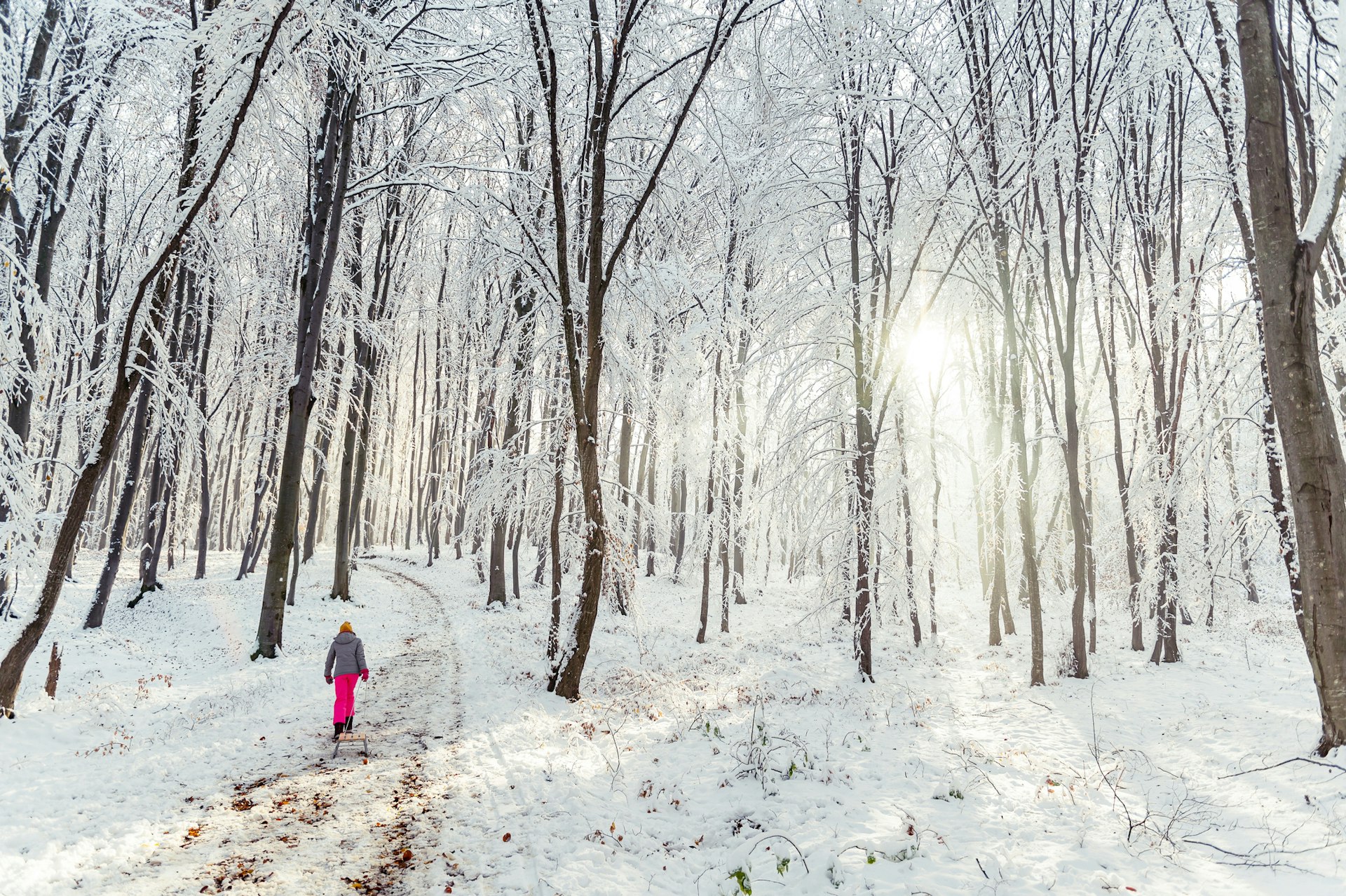
4. Steel-gray skies set the mood in Transylvania, Romania
You can’t visit Dracula’s lair on a sunny day with lambs bleating in the fields, right? You want steel-gray skies, bare trees and a smattering of snow. Braşov and Sighişoara, two hours apart by rail, are gorgeous medieval towns with various connections to Vlad Ţepeş, the historical Dracula, though it’s doubtful he ever set foot in his so-called castle.
Top tip: Bram Stoker never visited Romania, so don’t expect many parallels with the book or films.
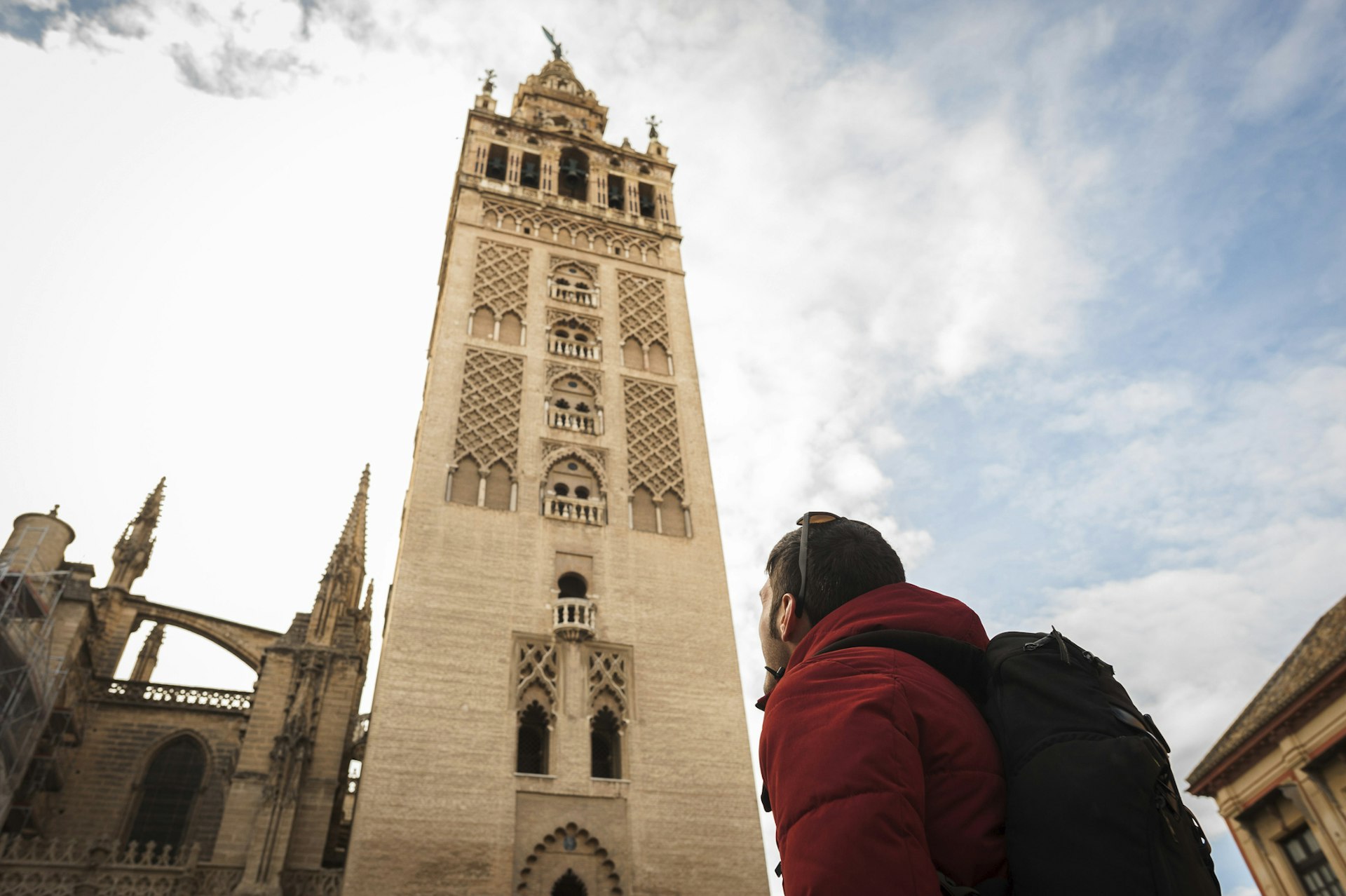
5. Bask in the sunshine in Andalucía, Spain
Some parts of Andalucía are further south than the African coast, so expect mild temperatures in winter. Accommodation is cheap and crowds are smaller at standout attractions like Granada’s Alhambra and Seville’s cathedral. Plus, tapas and nightlife in the cities are as enticing as ever.
Top tip: Head to the Sierra Nevada near Granada if you want snowsport action.

6. Have the best sites in Athens (almost) to yourself
It’s a real downer trying to Photoshop 500 people out of your would-be-prizewinning Parthenon photo, but during the winter in Athens, it’s not an issue. All summer stresses – crowding, tourist pricing, intense heat, queues, air pollution – more or less disappear. The average temperature during the winter is around 13ºC (55ºF). It’s the best time to explore the country’s ancient heritage and experience local culture.
Top tip: By all means do some island-hopping, but most accommodations close in winter.
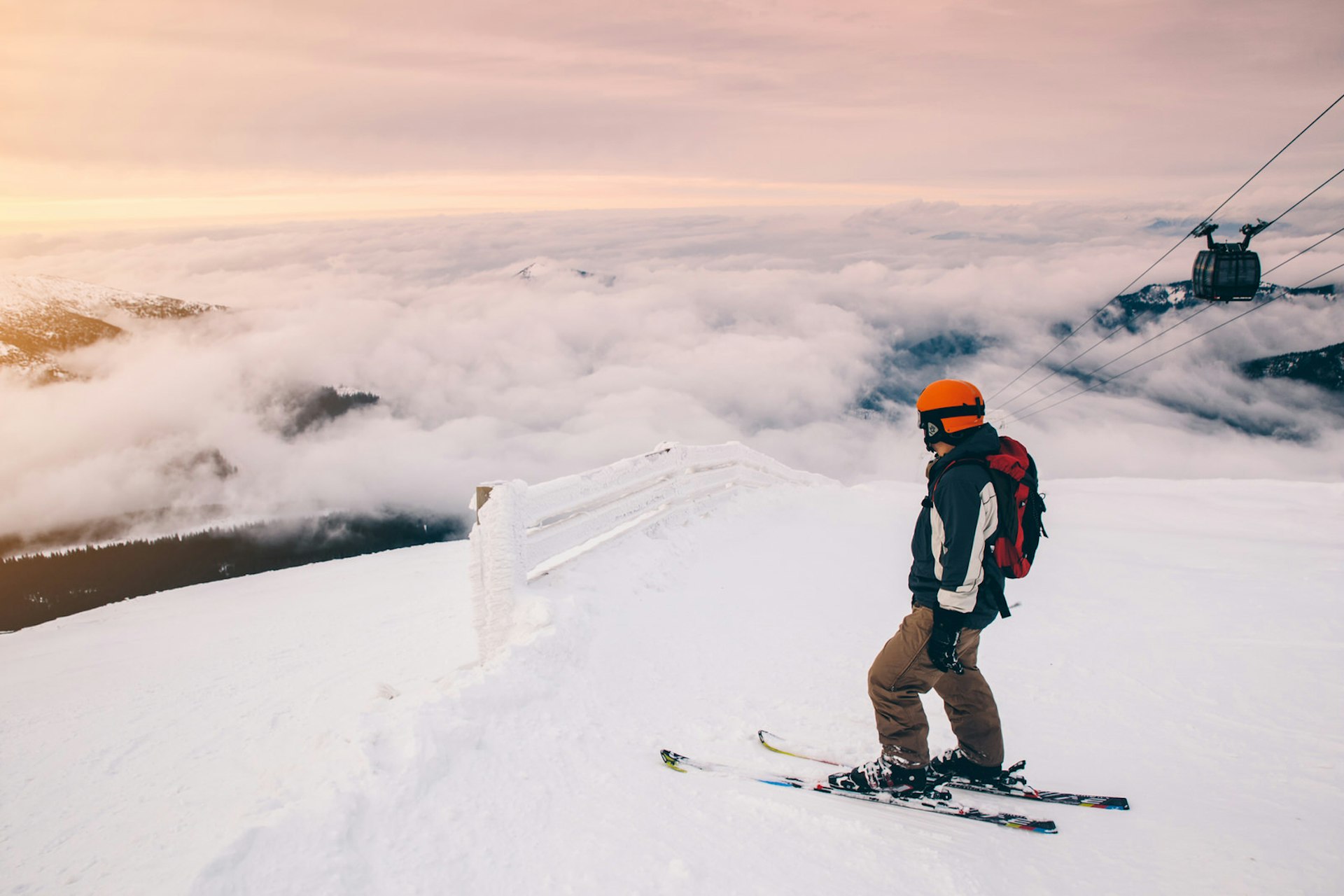
7. Hit the slopes at Jasná, Slovakia’s best ski resort
Slovakia offers high-quality skiing at affordable prices. Accommodation and food are reasonable too, and there’s a friendliness that’s missing from some of the snootier Alpine slopes. Jasná is the best Slovakian resort, with long descents flanked by snow-laden spruce trees, set in the ruggedly lovely Tatras Mountains.
Top tip: Flights from the US direct to Slovakia can be pricey, so don’t make this your entry point to Europe.
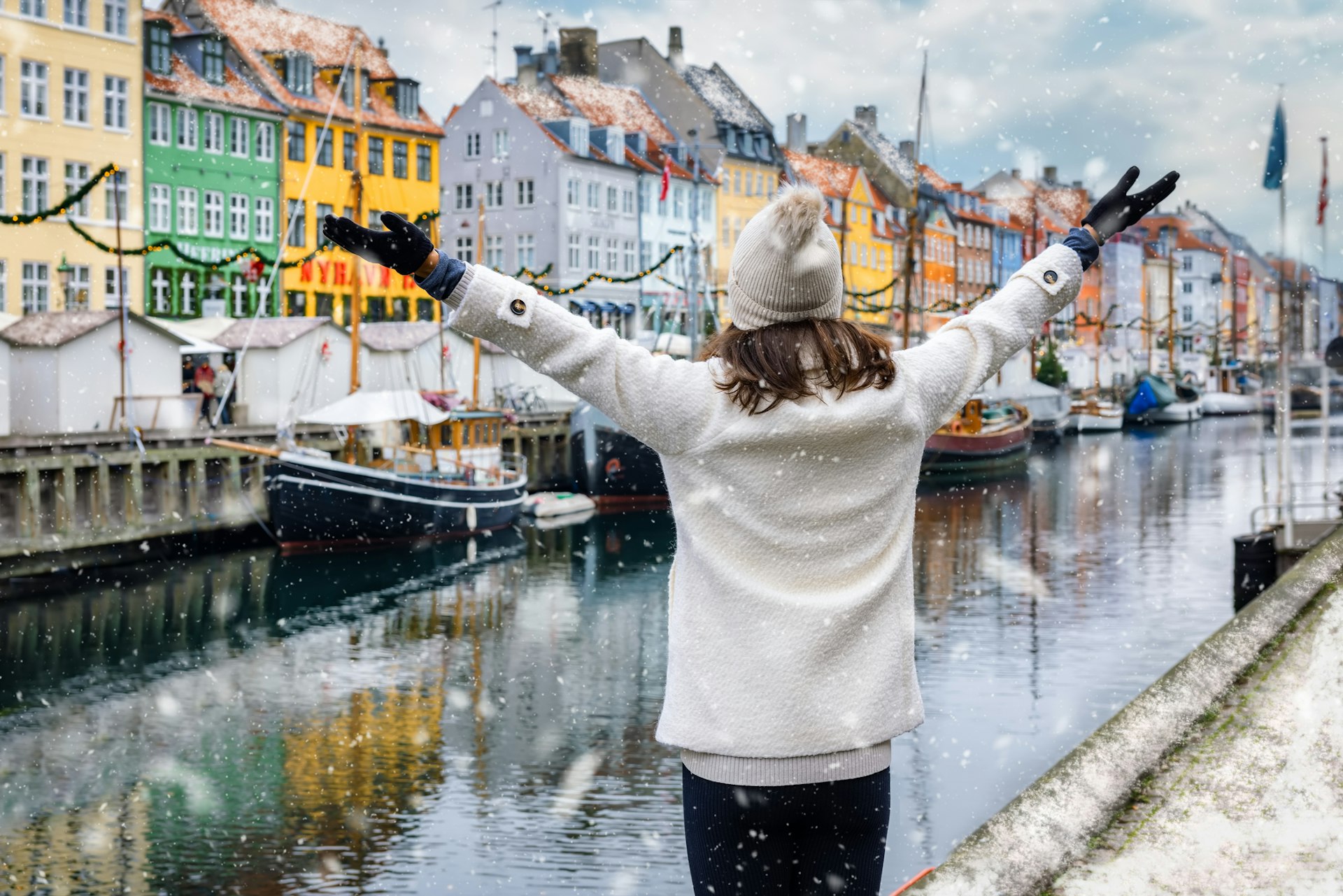
8. Expect snow flurries and fairytales in Copenhagen, Denmark
For a fairytale European winter, it’s hard to beat the home of Hans Christian Andersen. Forget the over-hyped Little Mermaid and head to the city’s cozy bars and cafes to watch snow flurrying outside. In the heart of town, the 19th-century Tivoli amusement park is a romantic, kitsch delight around Christmastime, with heartwarming illuminations and body-warming mugs of glögg (mulled wine).
Top tip: Noma may have closed but Copenhagen still has an incredible restaurant scene. Go for broke at Alchemist, widely considered one of the world's best restaurants. (Book three months in advance and set aside 4–6 hours.)

9. Visit the unofficial home of Santa Claus in Rovaniemi, Finland
Fistfuls of Christmas clichés characterize Rovaniemi, the ‘official’ terrestrial residence of Santa Claus. Everyone’s favorite bearded man hangs out in an atmospheric Arctic Circle grotto, and it’s free to visit him (but photos are another story). Snow and reindeer add festive spirit, while the Arktikum Museum gives insights into life at these latitudes.
Top tip: Finnish thermometers have more numbers below 32°F (0°C) than above, so pack serious winter clothing.
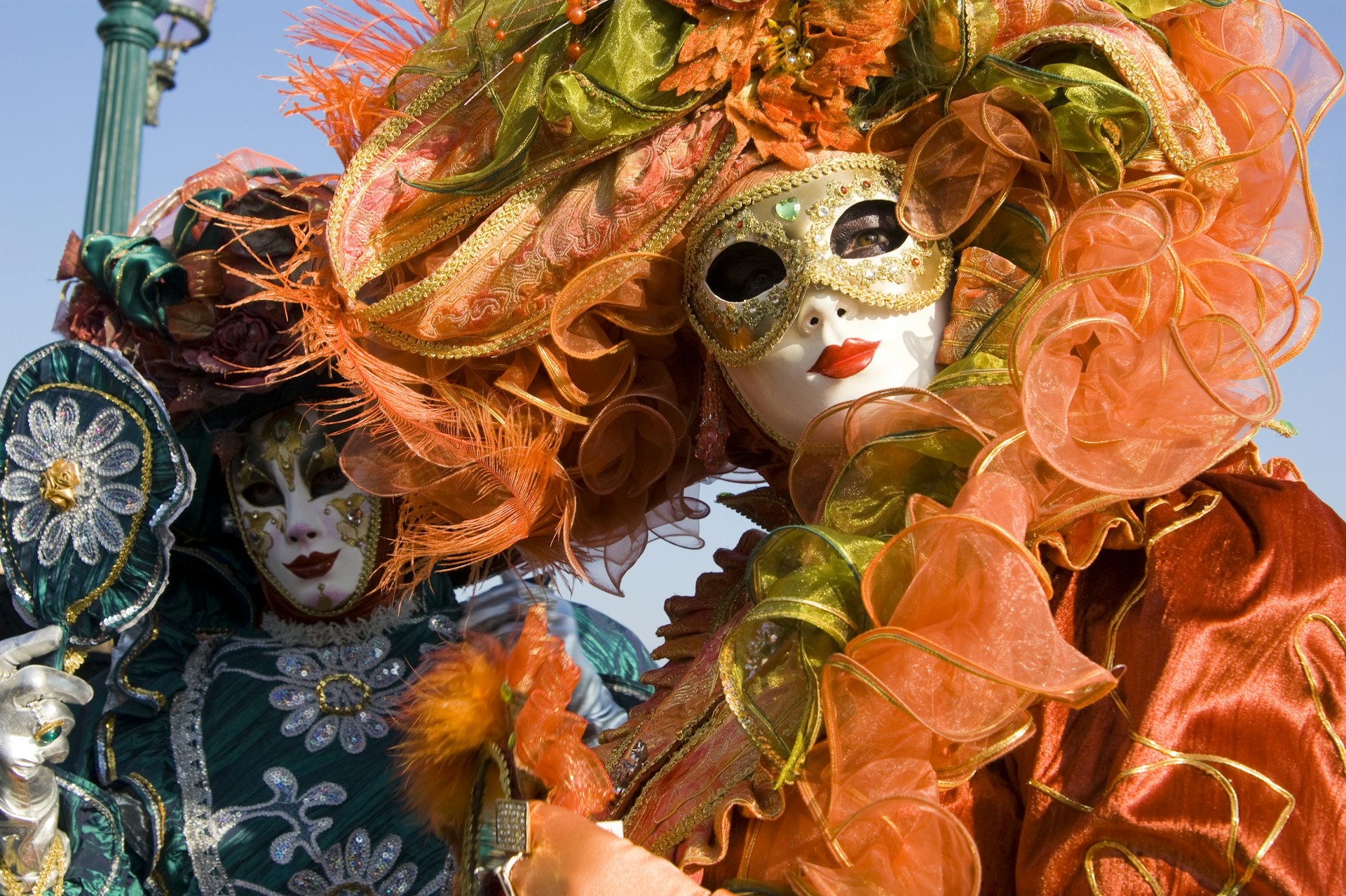
10. Be seduced by the incredible Carnival in Venice
Hauntingly beautiful and rather weird, Venice’s Carnival in February is a European highlight. Elaborate costumes and spooky masks bring the canal city’s colorful history to life. Costumed dances are pricey affairs, but you can have a ball enjoying the free events with a mask bought on the street – just be prepared for epic crowding.
Top tip: Book accommodation well ahead. Day-tripping in and out on a train will considerably lower costs.

